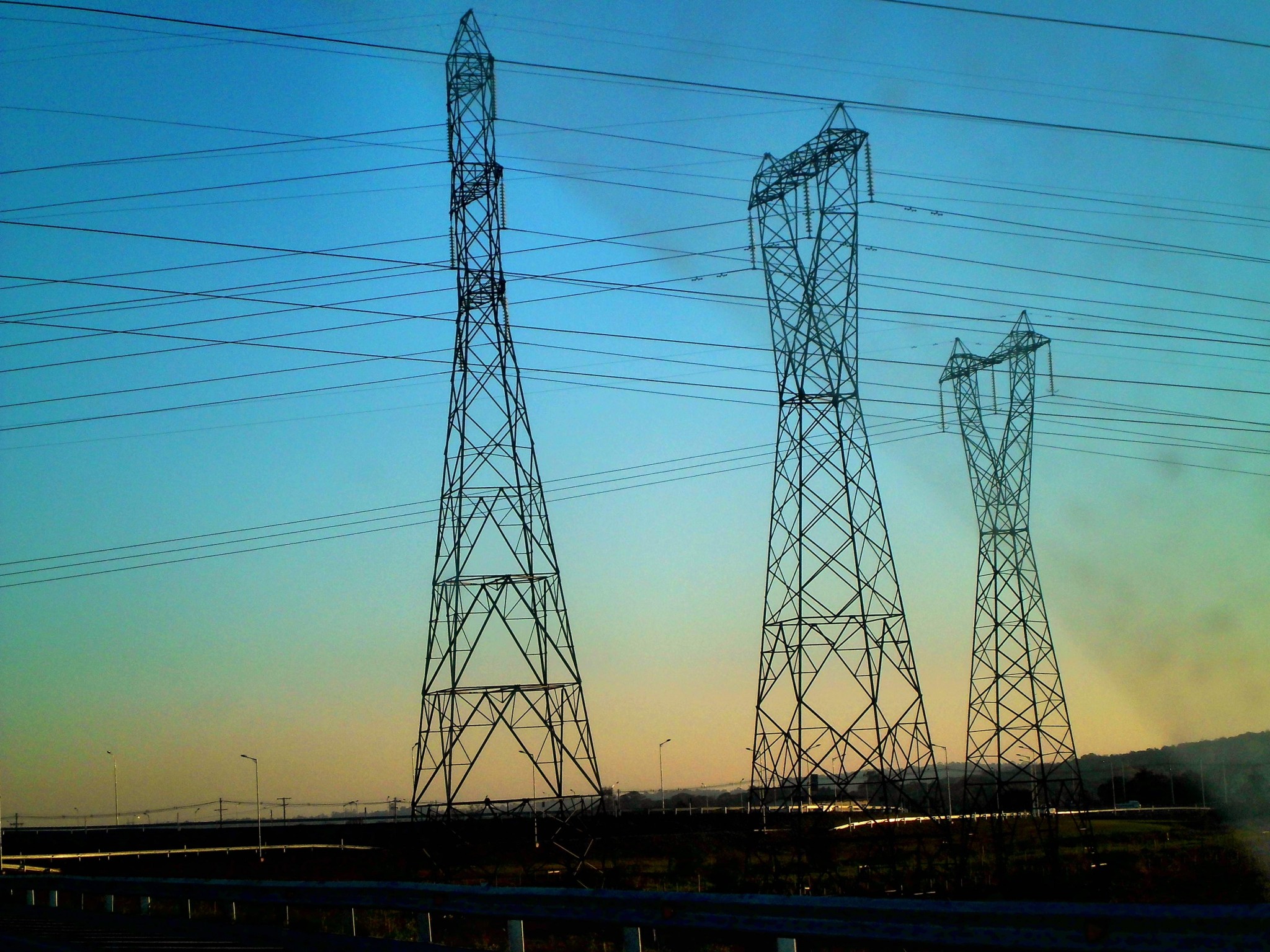How to Avoid Common Power Supply Problems in Your Business
Power supply problems can occur at any time. Whilst some power problems are triggered by extreme weather conditions, other problems can be completely unpredictable. To avoid common power supply problems from occurring in your business and interrupting your IT network or daily operations, it’s important to know the difference between surges, spikes or transients. And every business should also be equipped with the right kit to prepare for everything from voltage fluctuations to complete blackouts.
Understanding the Different Types of Power Problems
Power surges and high voltage spikes can be quite common, the first being more frequent than the second in most offices and workplaces. Power surges are caused when the voltage is 110% or more above normal and this can cause computer equipment to be shut down, resulting in memory lost or errors.
Transients can be either impulsive or oscillatory and can be extremely damaging. The best way to avoid this is to use surge suppressors and voltage regulators.
If you experience a voltage sag or a voltage dip in your building, you could experience problems with sensitive electrical equipment. Caused by external or internal voltage drops below 90%, a power sag could be the result of anything from the weather to the start-up of large loads.
Other common power supply problems include blackouts and brownouts. A blackout is a complete power failure with zero voltage (which can be caused by various things such as utility power failure or a tripped circuit breaker) whilst brownouts generate very low voltages causing computer glitches and data loss.
How to Prepare for Power Supply Problems
One of the most common power problems which occurs in the workplace today is power surges and this can be managed using surge suppressors or voltage regulators. If it’s a frequent problem on your premises, try to isolate any sensitive equipment from power hungry appliances or machinery.
To provide backup energy during a blackout or brownout, it’s recommended that all businesses have a generator; this will prevent data loss and further PC problems.
A PDU (Power Distribution Unit) can also help you spot and prevent potential issues such as overloads to maximise your uptime. To find out more about PDUs, visit the Critical Power
website.
Trouble Shooting and Power Management
To fully manage your power supply, it’s important to appoint a certified electrical contractor who can provide on-site or on-call services. Use the Electrical Safety Register (established by the UK’s leading electrical charity) to search for over 20,000 registered contractors. All electricians within the register have been assessed by the charity to ensure that they provide both a safe and excellent service for homes and businesses.
If you are experiencing frequent issues and power interruptions and you want to diagnose the issue yourself, head to the TechRepublic website for some trouble shooting advice.

